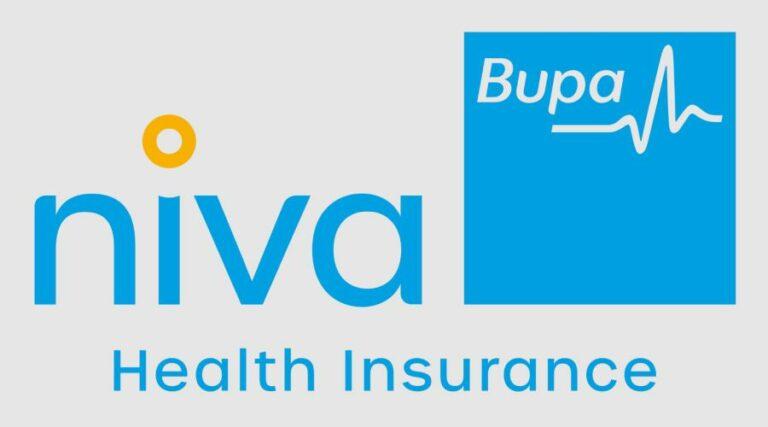Maximizing Your Savings: Top Income Tax Saving Tips
Please Share this Blog!Unlock substantial tax savings with our expert income tax tips! Explore investments, allowances, and rebates for a smarter financial future. Maximize your returns now! As the tax season approaches, individuals and businesses are gearing up to navigate the complex landscape of income tax regulations. The ever-changing tax laws and the nuances involved…

Unlock substantial tax savings with our expert income tax tips! Explore investments, allowances, and rebates for a smarter financial future. Maximize your returns now!
As the tax season approaches, individuals and businesses are gearing up to navigate the complex landscape of income tax regulations. The ever-changing tax laws and the nuances involved in filing returns often pose challenges for taxpayers. In light of this, we present a comprehensive guide to income tax saving tips based on recent news articles and expert insights.
1. Leverage Tax-Saving Investments:
The first article emphasizes the importance of tax-saving investments to reduce the overall tax liability. Utilizing instruments like Public Provident Fund (PPF), National Savings Certificate (NSC), and Equity-Linked Savings Schemes (ELSS) can not only help in wealth creation but also offer tax benefits. These investments fall under Section 80C of the Income Tax Act, allowing individuals to claim deductions up to a specified limit.
2. Explore Tax-Exempt Allowances:
The second article highlights the significance of understanding tax-exempt allowances provided by employers. In many cases, employees can benefit from allowances such as house rent allowance (HRA), travel allowances, and medical allowances. Ensuring that these allowances are optimized can contribute to substantial tax savings. It is crucial for employees to be aware of the rules and regulations governing these allowances to make informed decisions.
3. Stay Informed about Tax Rebates:
The third article stresses the importance of staying informed about tax rebates. Governments often introduce rebates to incentivize certain activities or sectors. In the mentioned article, the focus is on rebates related to technological advancements and research and development. Keeping abreast of such incentives and incorporating them into financial planning can result in significant tax savings.
4. Capitalize on Home Loan Benefits:
Another aspect highlighted in the first article is the potential tax benefits associated with home loans. Interest payments on home loans are eligible for deductions under Section 24(b), while the principal amount repaid qualifies for deductions under Section 80C. This dual benefit makes home loans an attractive avenue for tax savings, especially for individuals contemplating homeownership.
5. Optimize Tax Planning Through Insurance:
Both the first and third articles emphasize the role of insurance in tax planning. Premiums paid for life insurance policies and health insurance policies are eligible for deductions under various sections of the Income Tax Act. Individuals should carefully evaluate their insurance needs and leverage these deductions to optimize their tax planning strategies.
6. Utilize Tax-Friendly Investment Platforms:
The second article draws attention to the benefits of investing in tax-friendly platforms, such as the National Pension System (NPS). Contributions to NPS not only secure the financial future of individuals but also offer tax benefits under Section 80CCD. Exploring investment avenues with dual advantages can enhance overall tax efficiency.
Conclusion:
As the tax landscape continues to evolve, staying informed about the latest regulations and proactively implementing tax-saving strategies is crucial. Leveraging tax-saving investments, optimizing allowances, exploring rebates, capitalizing on home loan benefits, incorporating insurance in tax planning, and utilizing tax-friendly investment platforms are key pillars in building an effective income tax saving strategy. By adopting a holistic approach, individuals can not only minimize their tax burden but also foster financial growth and stability.





